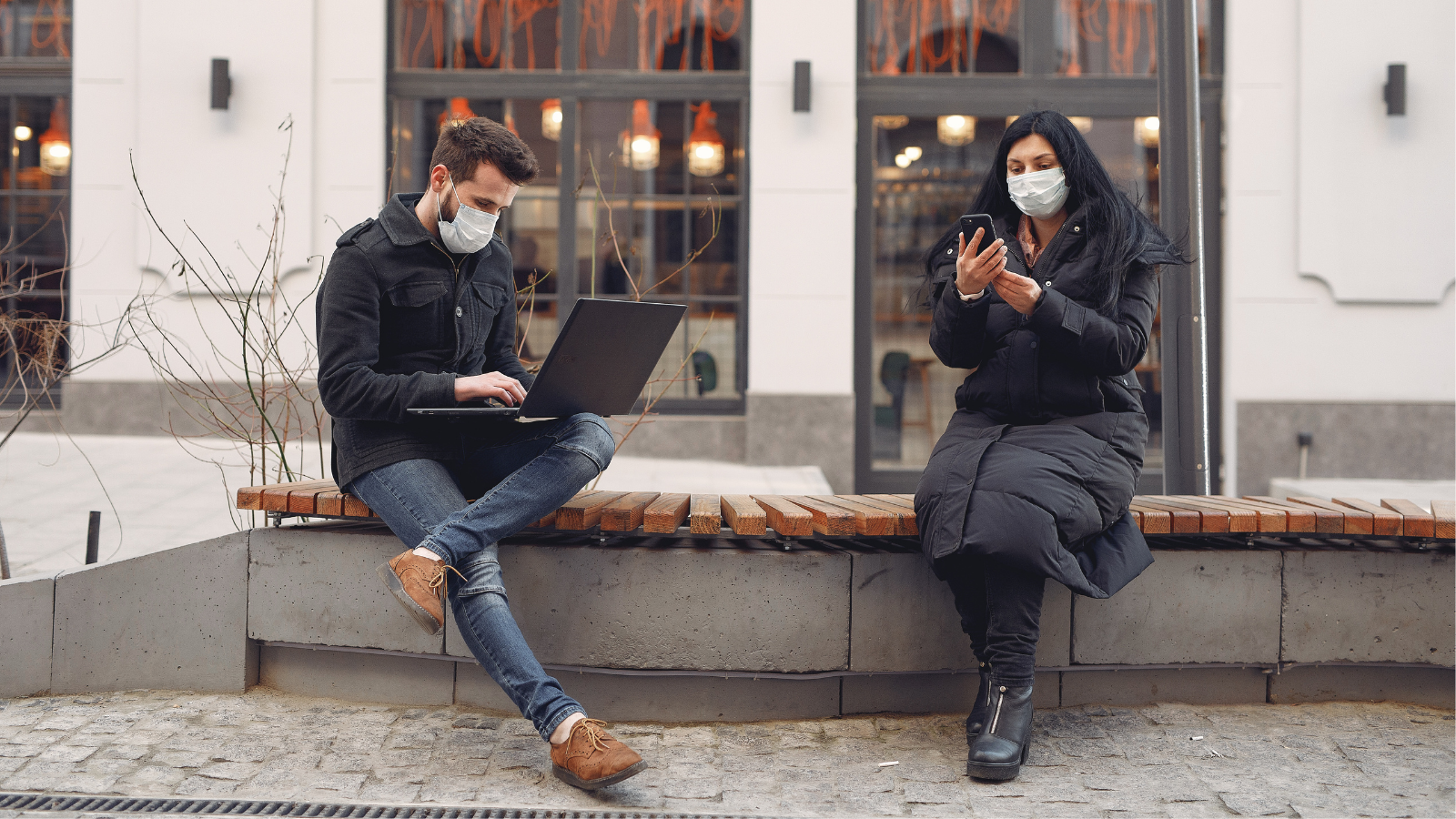
Tips on what to pack for college during the COVID-19 pandemic
The COVID-19 pandemic presents a whole new situation for college students. This guide outlines items that students should pack when they return to campus.

Every fall, college students and their families scramble to get everything they need to go back to college—and probably make a half dozen trips to the store for many forgotten or last-minute items. The return to college campuses came faster than expected this year, and perhaps even too soon to do so safely in some places.
The COVID-19 pandemic presents a whole new situation for college students. This guide outlines items that students should pack when they return to campus to keep them as safe and healthy as possible during the pandemic.
-
A large supply of masks
Each college is providing students with different resources as they go back to campus. Tufts University, for example, is providing students with one disposable mask each day, while the University of Michigan is providing students with two cloth masks and two bandanas, which are expected to last the whole semester. This personal protective equipment may not be sufficient for some students, so sending them to college with their own supply of masks will help them be safe on campus.
Students should bring cloth or disposable paper masks that are specifically made to be used on the face. They should avoid bandanas and neck gaiters because these have been shown to be less effective in protecting against COVID-19. Students should also consider bringing breathable masks if they plan to exercise.
-
Hand sanitizer and disinfectant wipes
In college communities with dormitories, classroom buildings and other shared facilities, students have little choice but to touch surfaces that their peers have touched as well. Students should use disinfectant wipes to sterilize surfaces that they need to touch, such as desks and chairs. After touching public surfaces, they should also use hand sanitizer that contains at least 60 percent ethyl alcohol or 70 percent isopropyl alcohol as the active ingredients.
-
Thermometer
Students should keep a thermometer in their dorm or apartment to monitor their temperature and self-isolate accordingly if they have a fever. They should take their temperature every day before going out to try to prevent accidentally exposing others to COVID-19. If students register a fever, they should make an appointment to get a COVID-19 test immediately. They can do so by contacting their student health center, or locate other testing sites here. Although it is possible to be COVID-19 positive with no fever, a fever is a common symptom and a reason to suspect coronavirus infection.
-
Non-perishable food items
Colleges are struggling to provide students with sufficient dining options this term. To supplement the limited capacity of many dining services, students should take nutritious, non-perishable foods to college so that they have enough to eat in their dorm if necessary. Colleges are especially struggling to provide for students with dietary restrictions, so if you or your student falls into this category, you should plan accordingly.
Students should bring a wider variety of foods than they normally would. Besides healthy snacks such as granola bars, rice cakes or cereals, students should consider taking more substantial foods that could be meals, such as peanut butter, canned fish or meat, canned soups, and microwavable rice or pasta, if they have a microwave in their dorm.
-
Headphones/earbuds with a microphone
Even colleges that have classes in person often offer some classes remotely, and students in in-person classes may still attend remote meetings or office hours. To get the most out of remote learning, students should wear headphones or earbuds, especially if they have roommates or live and work in close proximity to others.
-
Health Insurance Information
Your student should get tested for COVID-19 regularly, and they likely will need their health insurance information. Many college students do not go to the doctor or student health center regularly and may not have their insurance card or know what their insurance covers. Before leaving, they should familiarize themselves with this information and have a plan of action for getting tested.
-
Running shoes, athletic clothing and a yoga mat
Students will have increased screen time this semester, as many of their classes and meetings have gone virtual. Combined with social distancing protocols, students may need ways to break up their time. Running or other exercises in their rooms or outside can benefit students’ mental and physical health and boost immunity, while still allowing them to maintain social distancing. Students should be prepared with the right shoes, equipment and masks to do so safely.
-
Off-screen activities
Students may find themselves with more free time this semester—and with fewer ways to spend it that don’t involve staring at a phone or computer screen. Reading books for fun is a great way for students to get away from their screens and textbooks and relax. If you will be sharing a house or dorm room with others, connect with them before moving in to figure out what board games, arts and crafts supplies, and other off-screen activities you can bring to do together.
Topics
Find Out More


PFAS Free & I’m Lovin’ It

COVID-19 vaccines, tests and treatments are peddled in new scams
